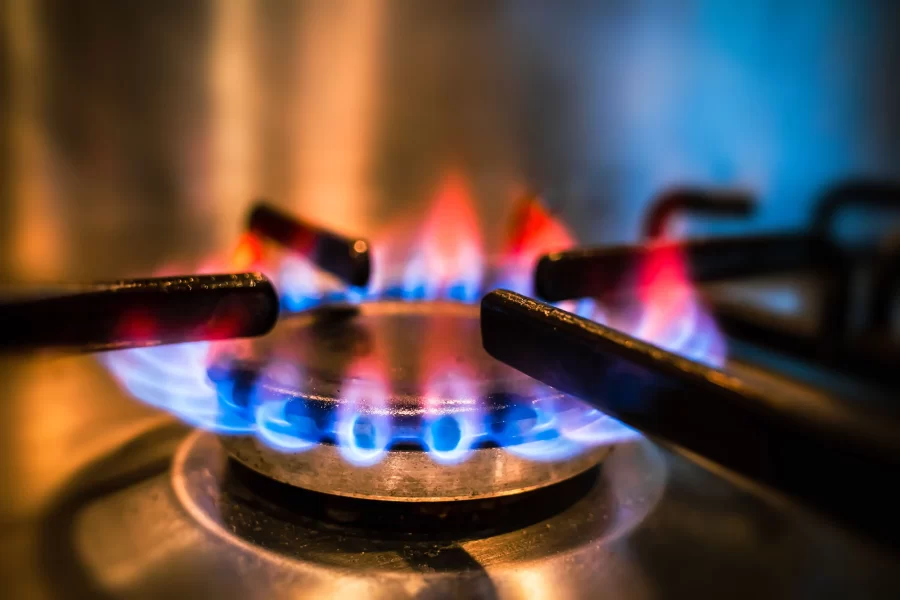Are Gas Stoves Bad for the Environment?
Gas stoves are often seen as the premier type of stove. They are seen in many professional kitchens and in high-end home kitchens as well, but in recent times, gas stoves are quickly becoming a thing of the past in many homes and kitchens due to rising concerns about their effects on our health and the environment.
In the United States, the three most common types of stoves are gas stoves, electric stoves, and induction stoves, with the latter being the most expensive out of the three.
Electric stoves

Electric stoves are the most cost effective and are very popular. They work by heating coils using electricity.
Pros: Cheap, flat tops are easy to clean, and can be used with any cookware.
Cons: Can take a while to adjust temperature, high electricity costs, uneven heating.
Gas stoves
Gas stoves are slightly more expensive than electric stoves, but not as expensive as induction stoves. They work by igniting gas.
Pros: Great temperature adjustment, instant heat, and can be used with any cookware.
Cons: Not as cheap as electric stoves, hard to clean, and they require a gas line.
Induction stoves
Induction stoves are quickly becoming very popular in professional and high-end kitchens. They use electric currents to directly heat pots and pans through magnetic induction technology, instead of heating up the surface like electric stoves do.
Pros: Extremely fast and consistent heating, very safe, very efficient, flat top is easy to clean, surface is cold to the touch when cookware is not on the surface.
Cons: Pricey, can only be used with induction-compatible cookware.
There is new controversy surrounding gas stoves. According to a study conducted by Stanford University, gas stoves were found to leak harmful pollutants into the air, such as methane, carbon monoxide, and formaldehyde, even when the stove is not in use.
Historically, indoor methane pollution/emissions haven’t been studied much in the US. According to a peer-reviewed journal study conducted in 2022 testing methane levels in California homes, they found that methane leaking from natural gas stoves in the US is the same as the emissions released by 500,000 gasoline cars annually. Additionally, every gas stove used in the United States contributes the same amount of emissions as driving forty miles in a gas car.
In addition to climate change contributions, gas stoves have also been shown to have an impact on respiratory diseases, like asthma, and are linked to health issues such as reduced cognitive performance.
It’s clear that while gas stoves are convenient and popular, new findings show that they are actually very harmful to our long-term health. Next time you’re in the market for a new stove, consider induction for its safety and excellent performance or an electric stove for its cost-effectiveness.

Cody is a senior and is actively involved in Keynote, NHS, Robotics, and Yearbook. He is the co-editor of Yearbook in addition to being Co-Editor...

